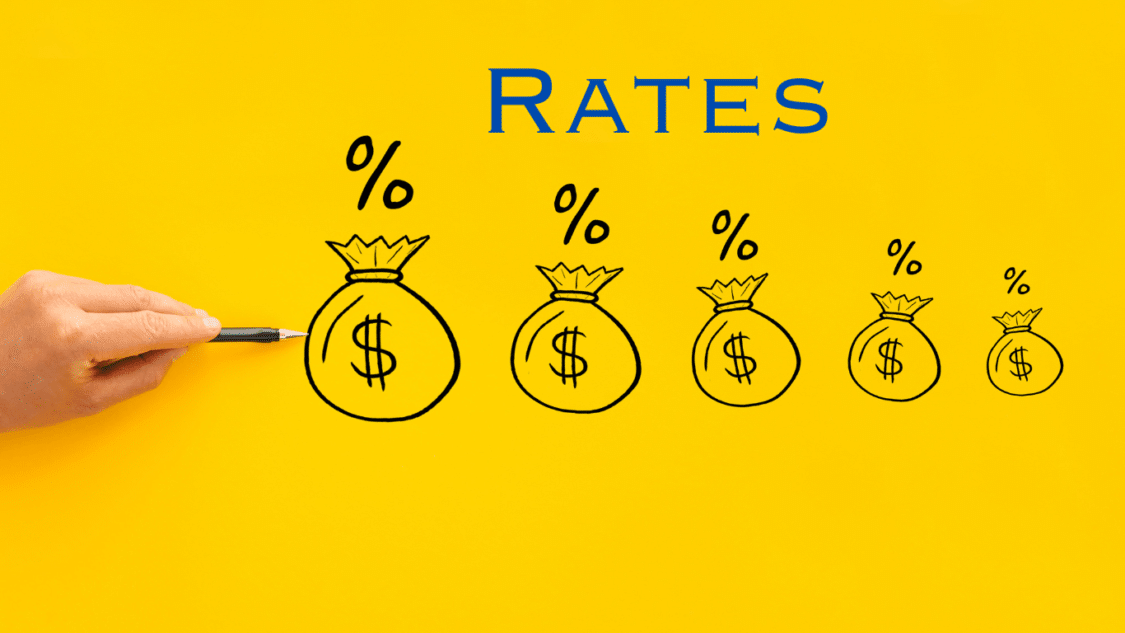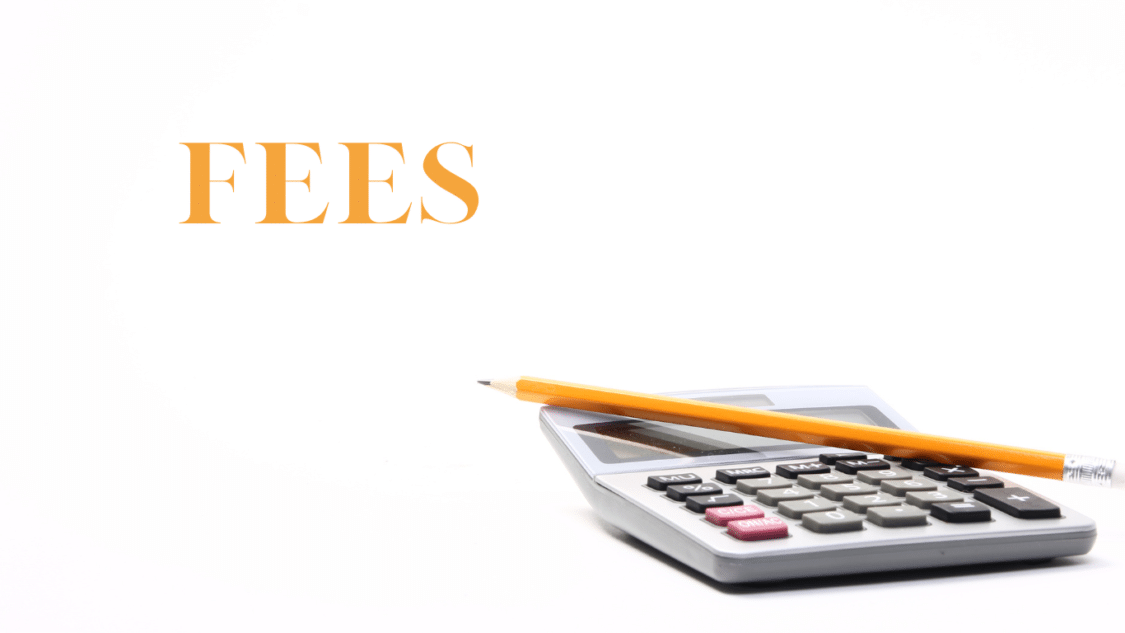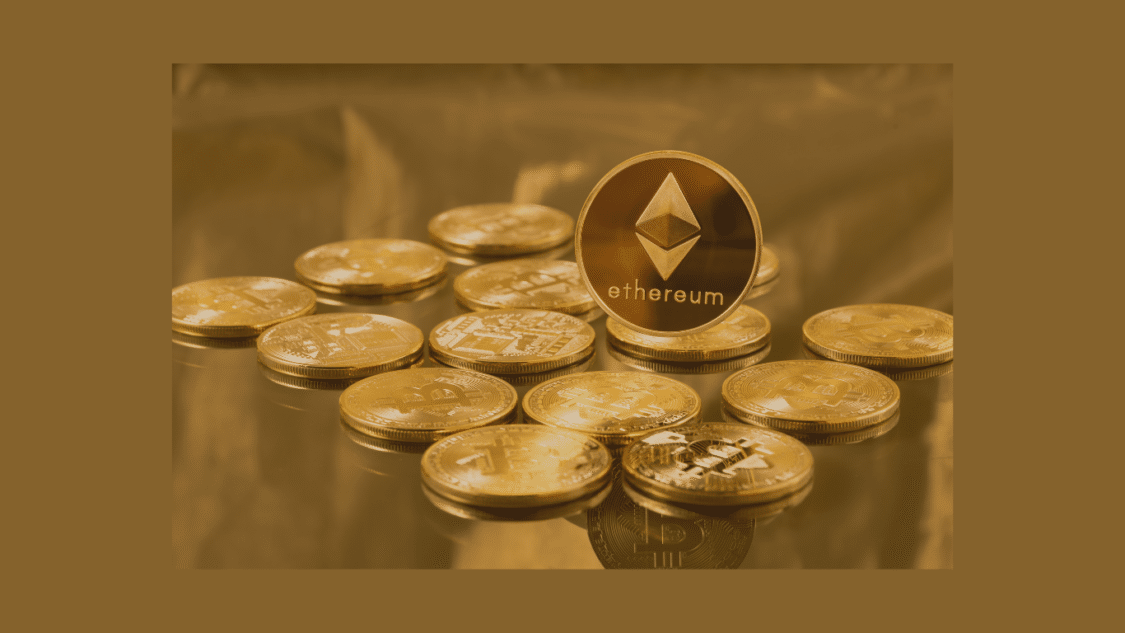Blockchain transaction fees are an essential feature of blockchain systems. If you have once sent deposited or withdrawn crypto, you are familiar with the idea. There are two main reasons blockchain transaction fees are used on most cryptocurrency networks. Firstly, they significantly reduce the amount of spam on the network and aid in verifying and validating transactions.
Most blockchain transaction fees are a reasonable cost. The price can differ and go higher depending on network traffic. The fee you pay as a user impacts your transaction’s priority in being placed onto the next block. The larger the fee, the faster the confirmation goes through.
Blockchain transaction fees are what is paid when transferring cryptocurrencies to a wallet. The work that goes into each transaction can be challenging. Blockchain transaction fees are essential to all blockchain systems for two reasons. For one, it reduces the spam that can enter the system. Secondly, it acts as an incentive for people that work to help make things run smoothly on the network.
The rates

The amount of each transaction differs due to several factors. If the network is experiencing traffic, the fee can get quite expensive. On the flip side, if a user wants their payment to be made quicker. They can opt for a higher transaction fee. The fees are usually set; however, there may be the option to adjust prices with specific wallets.
They were first introduced on Bitcoin as an anti-spam tool, but they have since evolved into one of the important aspects of a blockchain. Slowly, more and more blockchains have followed in their footsteps.
Blockchain transaction fees that are too high or too low can dramatically reduce your profits and impact your capital gains and losses. While blockchain transaction fees are an unavoidable part of transactions, you can take steps to reduce costs. This can mean using a different system for smaller transactions, such as Lightning Network, or waiting until the optimal time to process your transactions. Researching alternatives and choosing the best one may help you save money on transaction charges and business costs.
Bitcoin
Bitcoin was the first blockchain network that set the standard for transaction fees. Bitcoin founder Satoshi Nakamoto discovered the protection transaction fees could bring to the network.
These transaction fees are paid to Bitcoin miners as part of confirming transactions to a new block. Miners will usually opt for the higher fees first. The users have already agreed to pay a high transaction fee when sending BTC to a Bitcoin wallet.
Individuals looking to spam, cheat the system or slow it down must pay a fee with each transaction. If the blockchain transaction fees are set low, miners will not pay attention to the transactions. They face a high economic cost if they are at a decent price. Therefore, we see that transaction fees are a good spam filter.
How are the fees calculated (Bitcoin)?

The determination of Bitcoin fees is not solely dependent on the amount being sent.
Instead, they are dependent on the size of your transaction. During times of market volatility, fees often go up. You might be wondering why? Because network traffic is high and there is demand, the fee needed to get confirmation rises.
This is why BTC is not used for day-to-day transactions because if fees go high, the $3 croissant will not be worth it. Only a specific number of transactions may be included in a block with a size limit of 1MB. Miners add all blocks to the blockchain as efficiently as possible. Scalability comes as very important regarding network fees. Scalability is the capacity of a system that can adapt its cost and performance as a function of its responsiveness to shifts and urgencies within the system.
Ethereum

How are the fees calculated (Ethereum)?
Gas fees, in short, are essentially a price that covers the cost and incentivises miners to process transactions. One thing that should be considered with gas prices is the gas limit. The gas limit is the maximum price paid for that specific transaction.
Ethereum blockchain transaction fees consist of two parts. The first is the gas cost, which is the required amount of work. The second is the gas price which refers to the price paid for each hour of work. The two combined are the total fee for an Ethereum transaction. Once Ethereum goes through its upgrade to proof of stake, the gas fees are expected to be lower.
Why are blockchain fees so high?
Blockchain transaction fees can be high depending on several factors affecting pricing. The cost of the network is primarily influenced by its traffic congestion. The area allotted for each block to accommodate transactions decreases as a blockchain network’s transaction volume increases. Miners emphasise transactions with higher fees to increase their earnings while validating and processing transactions.
Consequently, to guarantee fast processing of their transactions, users frequently engage in a bidding war by presenting more substantial fees. Suppose the number of pending transactions surpasses the block size limit. In that case, users are urged to compete with others by allocating higher fees to increase the priority of their transactions.
The limited availability of block space can lead to competition and subsequent increases in transaction fees. The fluctuation of transaction fees is affected by market demand as well. During episodes of heightened activity, particularly during times of a surge in trading or the introduction of new token offerings, the need for blockchain-oriented services experiences an increase. Individuals may likely express their willingness to reimburse charges to expedite the processing of their transactions, which could increase the overall fees.
Transaction fees act as a motivating factor for miners to safeguard the network and authenticate transactions. Miners receive transaction fees and block rewards for their efforts, and higher fees incentivise them to prioritise certain transactions. This contributes to upholding the blockchain network’s assurance and reliability.
Finally, difficulties in scaling may lead to higher transaction costs. Specific blockchain networks face problems in effectively managing a rising count of users and transactions, leading to high fees.
It is essential to highlight that some blockchain networks do not regularly encounter high transaction costs. Several networks have adopted measures for enhancing scalability or maximising fees to counteract the issue of high fees. The current progress and innovations in the field of blockchain are directed towards resolving scalability issues and ultimately lessening the expenses of transactions.
Is there a way users can estimate and calculate blockchain transaction fees before making a transaction?
Users can use various methods to approximately estimate the blockchain transaction fees before initiating a transaction. Wallets and platforms provide fee estimation tools that analyze network conditions and suggest reasonable prices based on desired transaction speed. Block explorers enable users to track recent transactions with comparable features, thus enabling them to estimate the fees paid by others.
Specific blockchain networks include a fee recommendation mechanism in which the fees are suggested to users based on current market conditions.
Furthermore, the calculators for fees use past information and evaluate the state of the network to generate expected fees according to parameters set by the user. It’s crucial to remember that these techniques provide approximations, and the actual charges may differ based on current network situations and user choices. Users must consider the transaction’s speed, network traffic, and personal fee preferences when establishing transaction fees.
Conclusion
Network blockchain transaction fees are an essential part of the transaction process in the cryptocurrency market. They offer protection against spam and malicious behaviour and serve as an incentive to the miners who keep the network running.
As discussed previously, the traffic on the network can affect the average transaction fees. The decentralized nature of most blockchains poses significant challenges to their scalability. True, some networks have tremendous scalability and transaction throughput, but this frequently comes at the expense of security or decentralization.
For more news updates, visit our homepage now and see our latest news article. Want to learn more about trading? Visit our education page now and learn for FREE!

